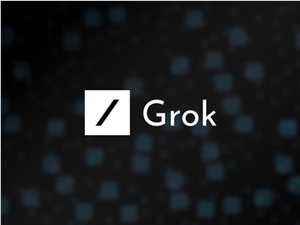With the rapid proliferation of digital devices, how to perfectly adapt images and videos to various screen sizes has become an urgent issue to be addressed. A research team from the University of Sharjah in the UAE recently published a study utilizing deep learning models to develop a new technology that can automatically predict the optimal size of images, enabling seamless display across different devices.

The core of this research is the use of transfer learning techniques, employing deep learning models such as Resnet18, DenseNet121, and InceptionV3. The researchers noted that while there are many existing image redirection technologies, they often cannot automatically adjust image sizes and still require manual intervention. This leads to issues such as cropping or distortion of images on different screens. Therefore, the research team aims to find the best image redirection methods through automation, minimizing information loss and maintaining image quality.
To achieve this goal, the researchers constructed a dataset containing 46,716 images of different resolutions, covering six categories of redirection techniques. Through experiments, they incorporated category information as a third input while encoding resolution information as an additional channel in the images. Evaluation results showed that their method achieved a 90% optimal F1 score in selecting appropriate redirection techniques, indicating the effectiveness of this approach.

The research team believes that deep learning can automatically extract image features and effectively capture complex relationships, thereby making the classification of image redirection methods more accurate. Although the commercialization timeline of the new technology has not yet been disclosed, they emphasized the need for further research to develop a fully automated model for selecting the best techniques and redirecting images. Additionally, they plan to expand the dataset to include more samples and redirection methods to enhance the model's accuracy and adaptability.
This research provides new solutions in the field of image processing, and we look forward to achieving more efficient and intelligent image redirection in the future.
Paper: https://ieeexplore.ieee.org/document/10776979
Key Points:
🌟 The research team developed a deep learning-based automatic image redirection technology that can seamlessly adapt to different screens.
🖼️ Utilizing models such as Resnet18, DenseNet121, and InceptionV3, significantly improving the accuracy of image processing.
📈 By expanding the dataset and further research, the team hopes to achieve a more comprehensive automated image processing solution.










